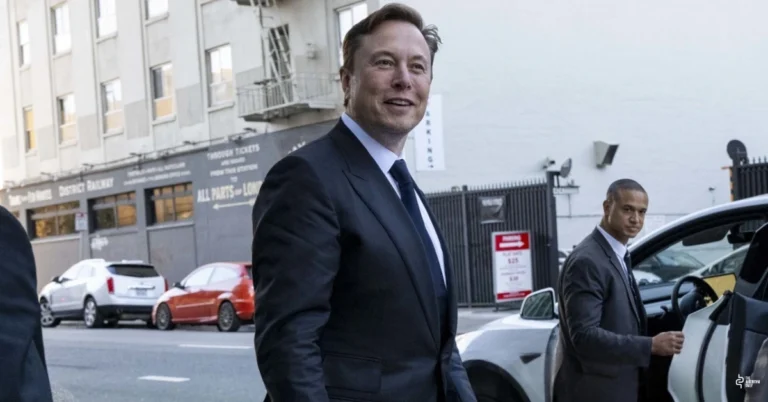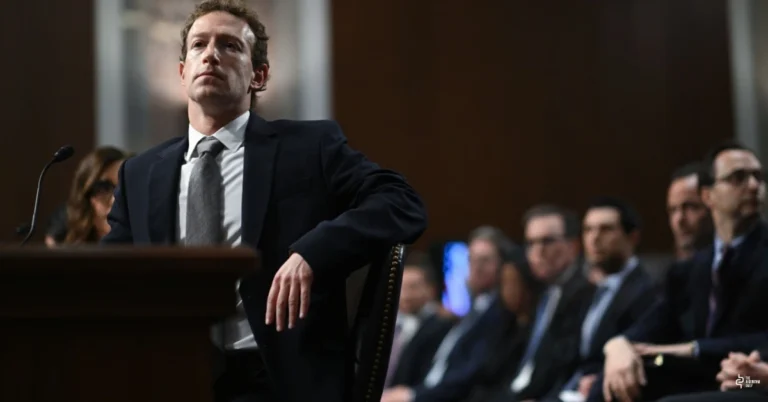Nvidia and Anthropic are engaged in a public dispute over artificial intelligence policy, particularly as the U.S. government prepares to implement new export restrictions on advanced AI chips. This conflict comes as the AI Diffusion Rule, introduced during President Biden’s administration, is set to take effect on May 15, 2025. The rule will impose global export controls on advanced AI chips and model weights, aimed at slowing down competitors like China in the growing AI race.
Anthropic, which relies heavily on Nvidia hardware to train its models, has argued for tighter export controls. In a blog post, the company highlighted concerns about Chinese smuggling tactics, citing cases where chips were hidden in “prosthetic baby bumps” or “packed alongside live lobsters” to bypass export restrictions. Anthropic proposes reducing the export threshold for certain countries and calls for more robust enforcement to prevent such smuggling activities. They stress that maintaining the U.S.’s technological advantage is critical for national security and economic prosperity.
In response, Nvidia criticized these proposals, arguing that using regulations to limit competition would not benefit America in the long term. A spokesperson for the company pointed out that China is home to half of the world’s AI researchers and that the U.S. cannot manipulate the market to maintain its AI leadership. Nvidia CEO Jensen Huang also weighed in, noting that China is not behind the U.S. in AI and praised Huawei for its capabilities in computing and network technology. Nvidia’s response underscores its belief that AI progress should be driven by innovation rather than regulatory controls.
READ MORE: Anthropic Begins Research on AI Model Welfare
The situation has created tension not only between Nvidia and Anthropic but also within the broader AI industry. While Microsoft has already embraced a wide range of AI models from competing labs, Nvidia’s response suggests that companies should focus on developing cutting-edge AI technologies without relying on political tactics to stifle competition. Anthropic’s stance in support of tighter export controls might limit Nvidia’s international business, particularly in the lucrative AI hardware market, which the company has worked to dominate.
As these debates continue, the AI arms race between the U.S. and China intensifies, and the industry watches closely to see how export restrictions will shape the development and distribution of AI technologies. Both companies have made their positions clear, but the future of AI regulation remains uncertain.
📲 Get the latest Tech & Startup News on our WhatsApp Channel
👉 Join Now



